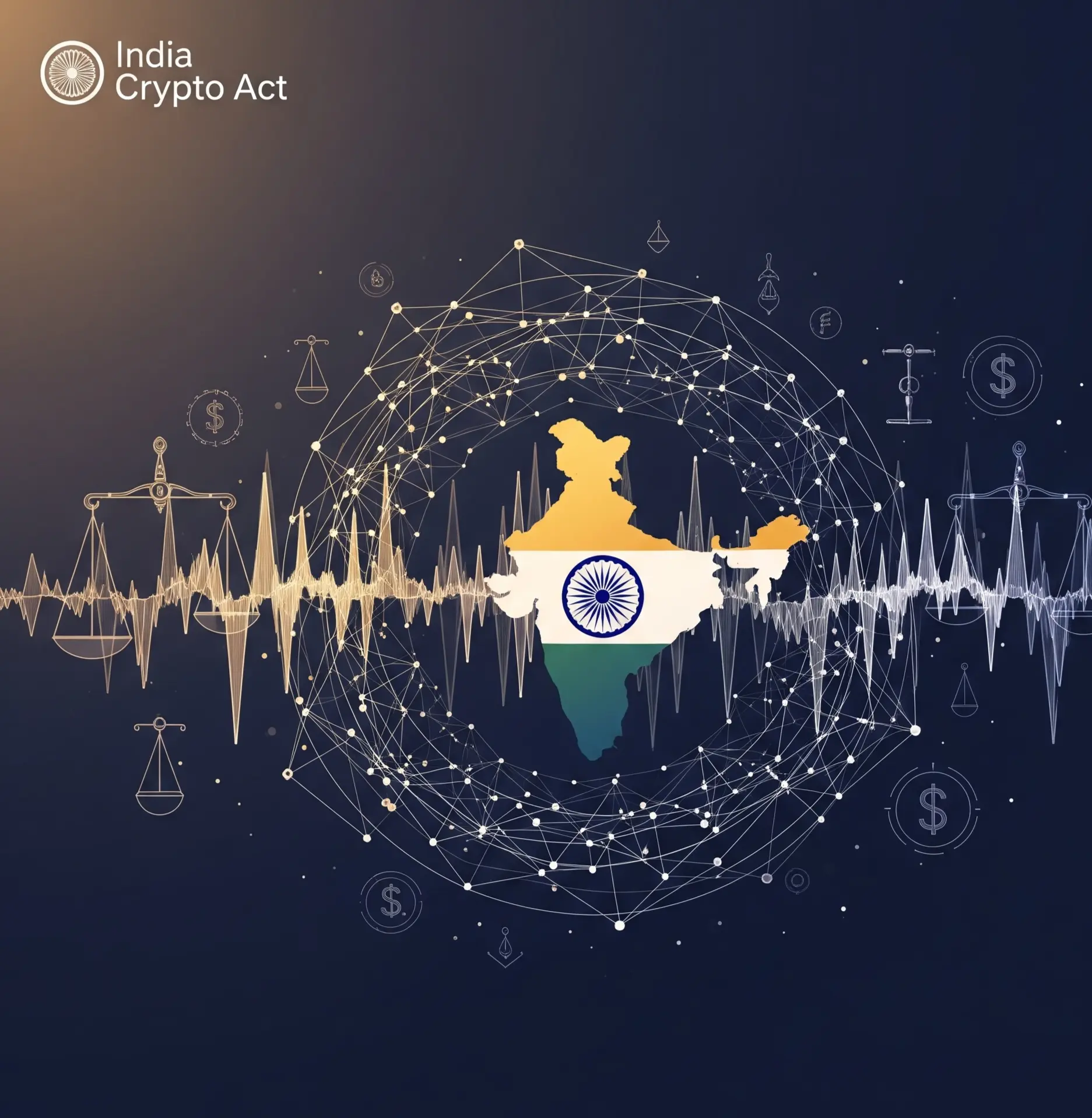
Have you ever wondered why India, despite its huge tech talent, still struggles with clear rules for cryptocurrencies? It’s like being stuck at a “regulatory crossroads,” where nobody is quite sure which way to go. But now, there’s a new idea that could change everything: the COINS Act 2025. This proposed law aims to create a “rights-first” approach, giving Indian citizens stronger control over their digital assets.
Why India’s Crypto Rules Are Still Unclear
Right now, India’s crypto world is in what experts call “regulatory limbo.” This means policymakers are mostly using old laws, even though the Supreme Court lifted a ban on crypto banking way back in 2020. According to Arvind Alexander, a senior legal counsel at Hashed Emergent, this lack of clarity “creates confusion” and makes it harder for India to become a global leader in crypto.
To fix this, Alexander suggests India needs new laws that:
- Grant people “constitutional-level” rights to keep their crypto themselves (self-custody).
- Allow peer-to-peer transactions without needing a full “know your customer” (KYC) check every single time.
- Create a dedicated crypto regulator to oversee the industry.
- Set up “innovation safe harbors” and “sandbox structures” to help new crypto projects grow without constant fear of breaking rules.
Alexander believes these steps would turn India from a place of confusing advice and unpredictable rules into “one of the world’s most balanced, competitive crypto ecosystems.” This would then attract smart people, money, and global projects to build in India.
Recently, there have been talks about the government releasing a paper on “virtual assets.” While this is a step in the right direction, Alexander emphasizes it needs to go beyond just asking questions and move quickly towards clear, rights-focused policies.
Introducing the COINS Act 2025: A Game Changer?
To make sure this discussion paper actually leads to proper laws, Hashed Emergent (the Web3 venture capital firm) decided to take action. On July 21, they revealed their own draft law: the Crypto-Systems Oversight, Innovation, and Strategy (COINS) Act 2025.
Vishal Achanta, another legal counsel at Hashed Emergent, explains that their research showed two main problems in India’s crypto scene:
- Lack of Rights: Crypto creators and users didn’t have clear rights over their property and privacy. Service providers were constantly dealing with conflicting advice from different regulators.
- Driving Talent Away: Strict taxes and sudden bank freezes were pushing talented founders and valuable capital (money) out of India.
The COINS Act aims to change this. Achanta stated its long-term goal is to bring:
- Legal certainty: Clear rules everyone understands.
- Consumer protection: Keeping users safe. Innovation acceleration: Helping new crypto ideas flourish.
Ultimately, this act wants to make India a global hub for decentralized finance that respects individual rights, instead of being an afterthought in the global crypto conversation.
What Does the COINS Act Mean for You?
Under this proposed law, several key rights for crypto users would be protected:
- Your right to hold, transfer, and self-custody your crypto without being forced to use middlemen.
- Your right to privacy for lawful anonymous transfers.
- For developers, an explicit right to build, test, and deploy code on public networks.
The COINS Act also bravely suggests creating a strategic Bitcoin reserve for India. Achanta believes this could help India reduce its reliance on traditional money and bond holdings. While the act proposes using seized Bitcoin to build this reserve, Alexander notes that simply seizing assets might not be enough. The act therefore suggests a balanced plan to buy Bitcoin in a way that doesn’t upset the market or the government’s budget.
India is at a crucial point with cryptocurrency. The COINS Act 2025 offers a hopeful and practical path forward, promising clarity, protection, and a vibrant future for digital assets in the country.
Source: This article draws inspiration and information from a report originally published on Bitcoin.




